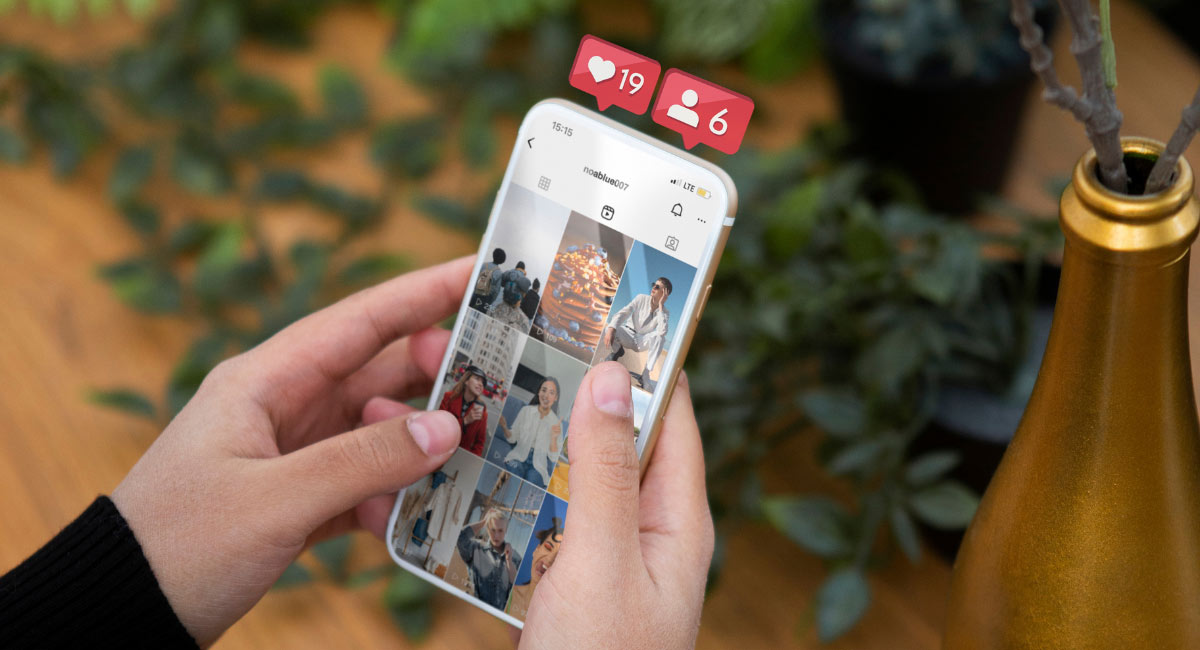The Hospitality Marketing Landscape
The hospitality industry thrives on creating the best experiences for their guests. But in today’s digital age, attracting guests requires more than impeccable service and luxurious amenities. A robust digital marketing strategy for hotels is the key to unlocking a steady stream of reservations and propelling your business to the forefront of the competitive landscape. However, navigating the ever-evolving world of digital marketing can be daunting.
This article delves into the common roadblocks faced by hospitality businesses in the digital marketing sphere, equipping you with valuable insights to overcome them and cultivate a successful online strategy.

Digital Marketing Challenges for Hospitality Businesses
The hospitality marketing landscape is a dynamic one, constantly adapting to the evolving needs of travellers and the rise of new online platforms. Digital marketing empowers hotels and resorts to connect with potential guests across various digital touchpoints. However, while the potential of digital marketing is undeniable, several hurdles can impede success. Let’s explore some of the most common challenges.
1. Fierce Competition
The hospitality industry is fiercely competitive. Standing out from a sea of seemingly similar hotels and resorts requires a well-defined digital marketing strategy that highlights your unique offerings and brand identity.
2. Limited Budget vs. Extensive Reach
Balancing a limited marketing budget with the need for a broad online reach can be a struggle. Optimising campaigns for maximum return on investment (ROI) is crucial, focusing on channels that deliver the highest guest acquisition rates.
3. Mastering the Digital Marketing Mix
It is important for any hospitality business to understand that in today’s digital landscape, the marketing mix covers every aspect from creating awareness to fostering customer loyalty. Choosing the wrong digital tools can be quite costly in an industry where a significant portion of revenue relies on existing clients.
To create customer loyalty, it is essential to utilise effective tools such as SEO, social media engagement, and email marketing. The true challenge lies in choosing and executing the right option for every stage of a customer’s journey. Making ineffective choices can not only decrease engagement but also damage the brand reputation, discouraging potential customers.
4. Keeping Up with Digital Trends
The digital marketing landscape is constantly evolving. Emerging technologies like virtual reality tours and voice search optimisation require hotels to adapt their strategies to stay ahead of the curve.
5. Data Overload and Analytics Paralysis
The digital world generates a wealth of data, but deciphering it and using it to inform marketing decisions can be overwhelming. Understanding key performance indicators (KPIs) and leveraging data analytics tools to track campaign effectiveness is vital for optimising your strategy.
Overcoming the Challenges

While these challenges may seem intimidating, there are effective solutions to overcome them:
1. Develop a Compelling Digital Marketing Strategy
Competitor Analysis: Conduct a thorough competitor analysis to understand what others are doing and identify your niche. This helps in crafting a strategy that leverages your unique strengths and addresses gaps in the market.
Highly Relevant Content: Focus on creating high-quality content that showcases your unique selling propositions and resonates with your target audience. This includes blog posts, videos, virtual tours, and social media content that highlight what makes your property special.
Personalisation: Use data to personalise marketing efforts. Tailor messages and offers based on guest preferences and booking behaviours to increase engagement and conversion rates.
2. Embrace Data-Driven Decision-Making
Marketing Automation Tools: Invest in marketing automation tools and analytics software to track key metrics like website traffic, conversion rates, and guest demographics. SEO-based and social media-based analytics tools can provide valuable insights.
Data Utilisation: Use this data to refine your strategy and identify areas for improvement. For instance, if a particular campaign is underperforming, analyse the data to understand why and make necessary adjustments.
Regular Monitoring: Regularly monitor KPIs and adjust strategies accordingly. This ensures that your marketing efforts are always aligned with your business goals and market conditions.
3. Prioritise SEO and Content Marketing
Website Optimisation: Ensure your website is optimised for search engines. This includes using relevant keywords, creating high-quality content, and ensuring your site is mobile-friendly and fast-loading.
Local SEO: Optimise for local search to attract nearby guests. This involves claiming and optimising your Google My Business listing and encouraging satisfied guests to leave positive reviews.
Content Creation: Develop a content calendar that includes regular blog posts, video content, and social media updates. Focus on topics that are of interest to your target audience and that highlight your property’s unique features.
4. Leverage the Power of Social Media
Platform Selection: Build a strong social media presence on platforms frequented by your target audience, such as Instagram, Facebook, and LinkedIn.
Engaging Content: Utilise engaging content formats like photos, videos, and interactive polls to foster connections and build brand loyalty. User-generated content, such as guest photos and reviews, can also enhance credibility and engagement.
Social Media Ads: Invest in targeted social media advertising to reach potential guests based on demographics, interests, and past behaviours. Platforms like Facebook and Instagram offer robust targeting options.
5. Invest in Effective Reputation Management
Active Engagement: Actively solicit guest feedback and promptly address both positive and negative reviews. Responding to reviews shows that you value guest feedback and are committed to improving their experience.
Review Platforms: Monitor and manage reviews on major platforms like TripAdvisor, Yelp, and Google Reviews. Positive reviews can significantly influence potential guests’ booking decisions.
Guest Surveys: Use post-stay surveys to gather insights on guest experiences and identify areas for improvement.
6. Embrace Innovation and Stay Updated
Emerging Technologies: Continuously learn about emerging digital marketing trends in the hospitality industry. Virtual reality tours, for example, can provide potential guests with an immersive preview of your property.
Voice Search Optimisation: Optimise your content for voice search to cater to the increasing number of travellers using smart speakers and voice-activated search.
Chatbots: Implement chatbots on your website to assist with guest inquiries and bookings, enhancing the overall guest experience and streamlining operations.
Achieving Success
The digital marketing landscape for hospitality businesses is constantly evolving. By understanding the common challenges, developing a data-driven strategy, and consistently refining your approach, you can overcome these hurdles and attract more guests to your property.
Ready to Conquer the Digital Frontier?
If you’re facing challenges in marketing your hotel, villa, or resort digitally, you are not alone. In the hospitality industry, the constantly changing digital world might be intimidating, but our team of professionals is here to help you every step of the way.
Schedule a consultation with us so that we can work together to develop a customised plan that will help you overcome your challenges and expand your brand awareness.


